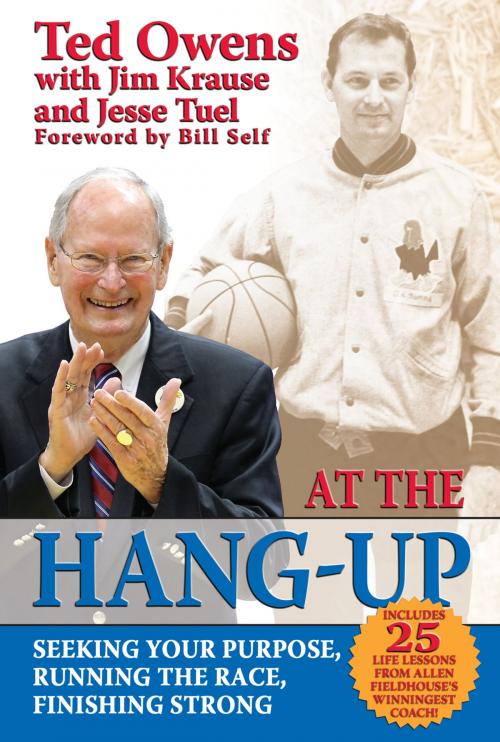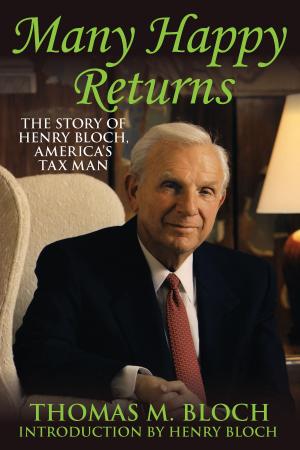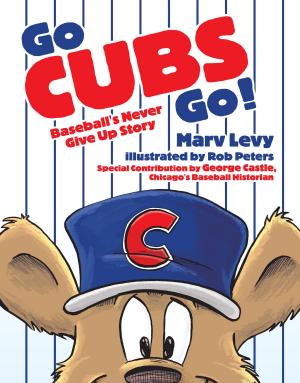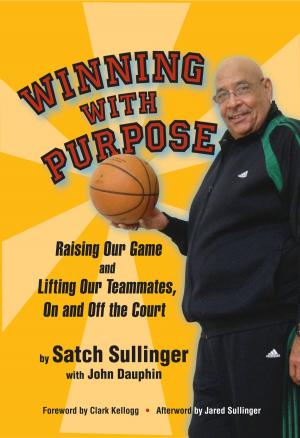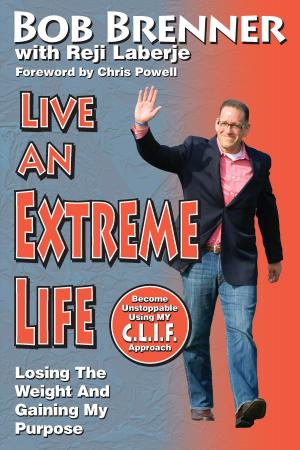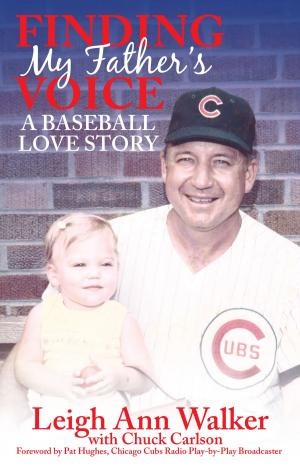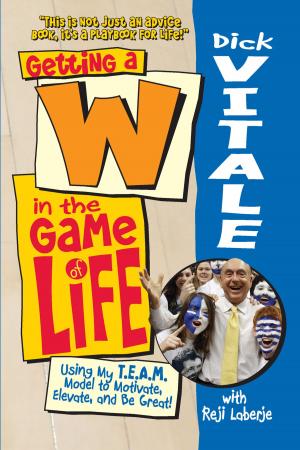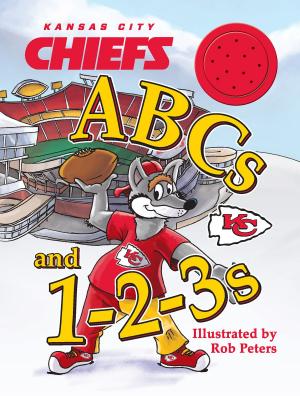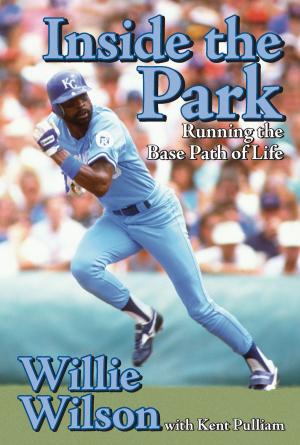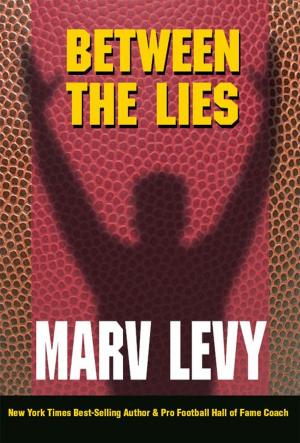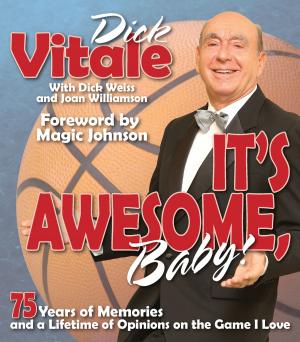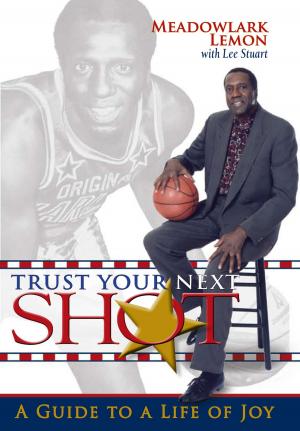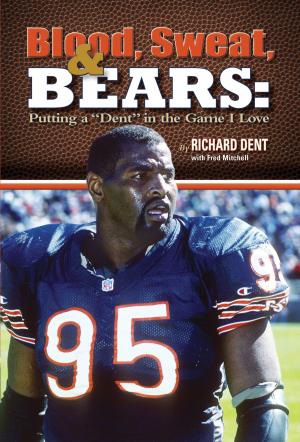At the Hang-Up
Seeking Your Purpose, Running the Race, Finishing Strong
Nonfiction, Sports, Basketball, Biography & Memoir| Author: | Ted Owens, Jim Krause, Jesse Tuel | ISBN: | 9780988996458 |
| Publisher: | Ascend Books | Publication: | September 15, 2013 |
| Imprint: | Ascend Books | Language: | English |
| Author: | Ted Owens, Jim Krause, Jesse Tuel |
| ISBN: | 9780988996458 |
| Publisher: | Ascend Books |
| Publication: | September 15, 2013 |
| Imprint: | Ascend Books |
| Language: | English |
This is the inspirational story of Ted Owens—still the coach with the most wins in the history of Allen Fieldhouse—from growing up as a boy on a cotton farm in Southwestern Oklahoma during the Great Depression to coaching at the highest levels of the college basketball world. “At the end of each day on the farm, we would gure the total weight of the cotton we had pulled. We called it the “hang-up,” says Owens. One day, in a competition to see who could pull the most cotton, Owens was leading his father, who then gave him the greatest life lesson: “It’s not what you have now that is important, it’s what you have at the hang-up.” He always reminded Ted that regardless of your station in life, whether encountering diculties or enjoying success, you should never lose sight of your ultimate goals. At the age of 5, Owens made his rst basketball goal, lifting the basketball from between his legs in an underhand scooping motion. It was at that moment that basketball became his rst love, a feeling he still embraces today. He went on to play at the University of Oklahoma for Naismith Hall of Fame Coach Bruce Drake, and he witnessed the rise of national championship programs led by football coach Bud Wilkinson, wrestling coach Port Robertson and baseball coach Jack Baer. This book is a story of the survival of a family built upon love, sacrice, and the importance of family strength. The book also shares the ups and downs of building a coaching career and the tale of coaching basketball at the University of Kansas for 19 seasons. Owens’ teams won 206 games in Allen Fieldhouse, a number that still leads Roy Williams (201), Bill Self and Larry Brown. He coached some of the era’s greatest players while leading the Jayhawks against Hall of Fame coaches Adolph Rupp, Joe Lapchick, Henry Iba, Dean Smith, Eddie Sutton, Bob Knight and John Wooden. The book oers little-known—and even unknown—insights into the personalities of these basketball giants. Playing now in the fourth quarter of his life, Owens shares what he has learned, passing on his lessons for life and wonderful, never-before-told stories of his time as the Kansas Jayhawks head basketball coach, as high-pressure a job as there is in American sports, one that only eight men have ever held.
This is the inspirational story of Ted Owens—still the coach with the most wins in the history of Allen Fieldhouse—from growing up as a boy on a cotton farm in Southwestern Oklahoma during the Great Depression to coaching at the highest levels of the college basketball world. “At the end of each day on the farm, we would gure the total weight of the cotton we had pulled. We called it the “hang-up,” says Owens. One day, in a competition to see who could pull the most cotton, Owens was leading his father, who then gave him the greatest life lesson: “It’s not what you have now that is important, it’s what you have at the hang-up.” He always reminded Ted that regardless of your station in life, whether encountering diculties or enjoying success, you should never lose sight of your ultimate goals. At the age of 5, Owens made his rst basketball goal, lifting the basketball from between his legs in an underhand scooping motion. It was at that moment that basketball became his rst love, a feeling he still embraces today. He went on to play at the University of Oklahoma for Naismith Hall of Fame Coach Bruce Drake, and he witnessed the rise of national championship programs led by football coach Bud Wilkinson, wrestling coach Port Robertson and baseball coach Jack Baer. This book is a story of the survival of a family built upon love, sacrice, and the importance of family strength. The book also shares the ups and downs of building a coaching career and the tale of coaching basketball at the University of Kansas for 19 seasons. Owens’ teams won 206 games in Allen Fieldhouse, a number that still leads Roy Williams (201), Bill Self and Larry Brown. He coached some of the era’s greatest players while leading the Jayhawks against Hall of Fame coaches Adolph Rupp, Joe Lapchick, Henry Iba, Dean Smith, Eddie Sutton, Bob Knight and John Wooden. The book oers little-known—and even unknown—insights into the personalities of these basketball giants. Playing now in the fourth quarter of his life, Owens shares what he has learned, passing on his lessons for life and wonderful, never-before-told stories of his time as the Kansas Jayhawks head basketball coach, as high-pressure a job as there is in American sports, one that only eight men have ever held.
